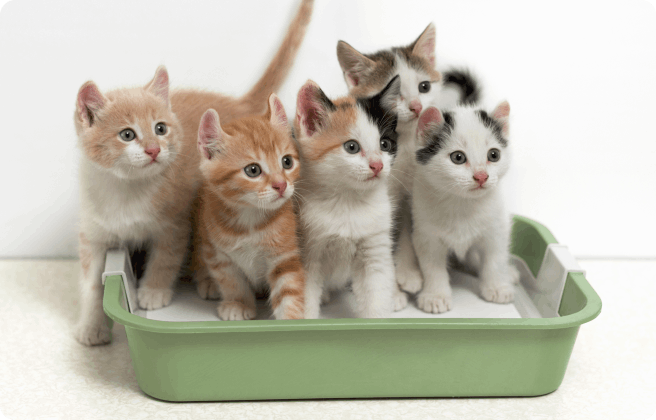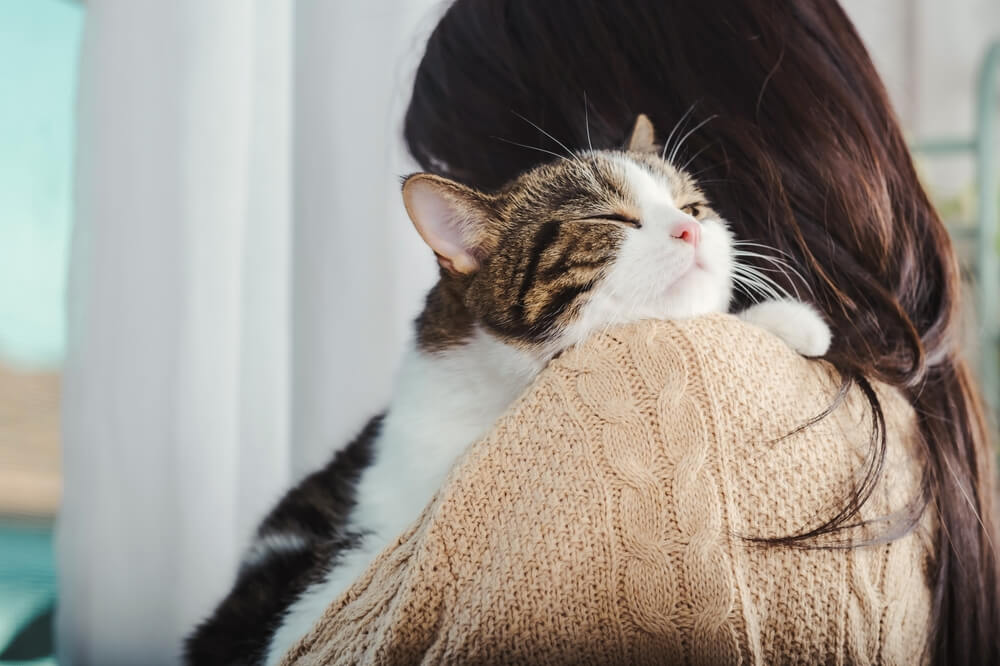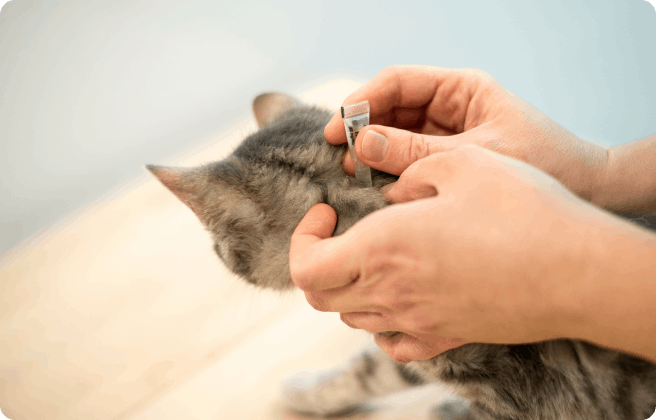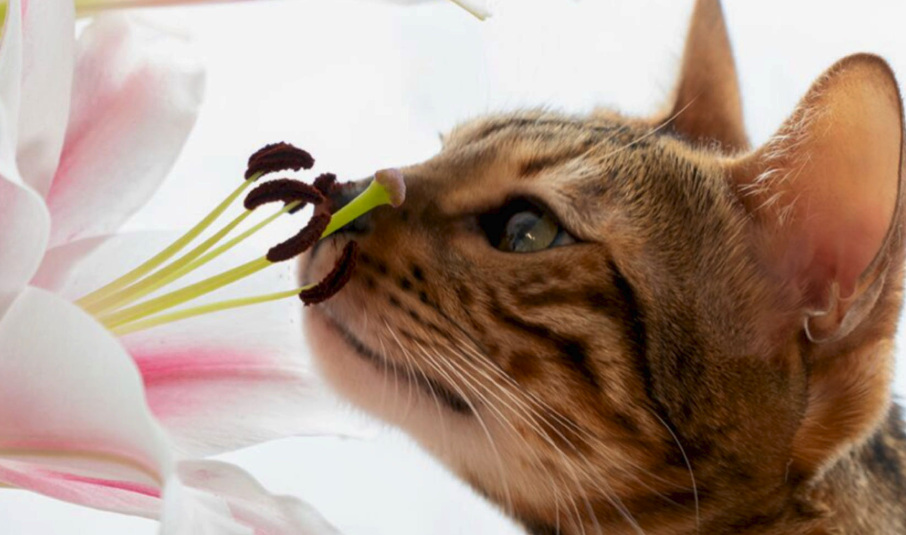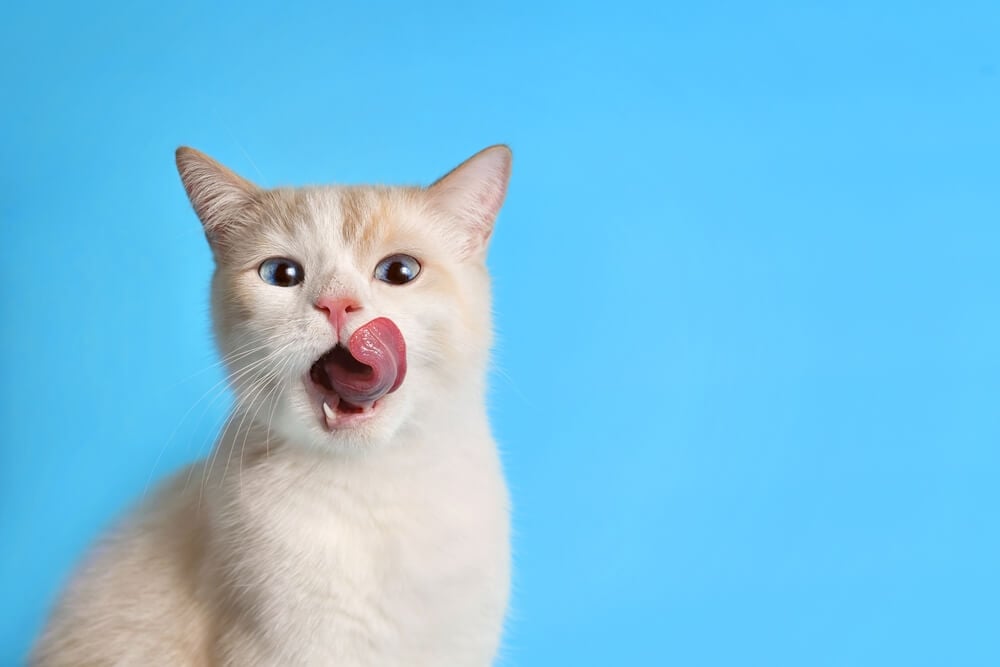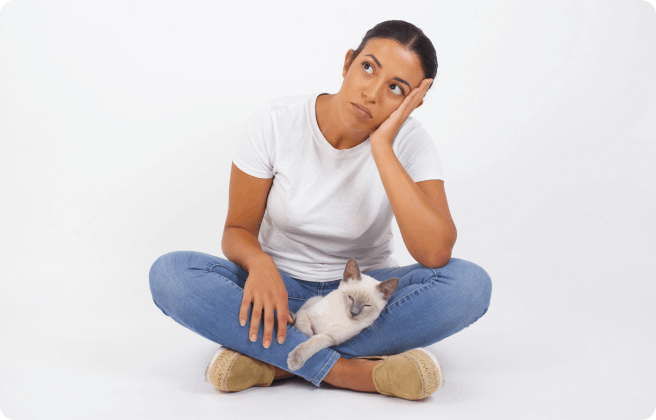
In most cases, your cat following you everywhere needn’t be a massive cause for concern, but in rare situations, overly close attachment can be an indication of separation anxiety.
I thought cats were distant creatures…
Cats have a bit of a reputation as being independent animals — especially when compared to their canine counterparts — and as with many stereotypes, there’s an element of truth behind it. However, this description is actually pretty far-off.
If you’ve ever had the pleasure of living with a cat, you’ll know it’s not unheard of for them to follow you about the house as you go about your daily business, especially sociable breeds such as the Ragdoll, Sphynx or Maine Coon.
In fact, a recent study concluded domestic cats develop a similar level of attachment to their human parents as dogs and babies do. Perhaps they just like playing it cool.
Why does my cat stick close to me?
There are several reasons why your cat might follow you everywhere.
- For starters, you are a huge source of entertainment and they could simply be fascinated by what you’re getting up to — you might not think unloading the dishwasher is particularly gripping viewing, but it might be to your cat. Make sure to fill your home with lots of toys and distractions so they at least have the option of passing their time with something more conventionally fun.
- At the same time, the fact your cat feels comfortable enough in your company to trail you from room to room is undoubtedly a positive thing and it can easily be interpreted as a sign of affection. When they were a kitten, your cat would have stuck as close as possible to their mother and perhaps now they look to you for that same sense of security.
- Of course, one pretty big reason why your cat is so fond of you is you’re the provider of all the things they love in life — fresh food in their bowl, playtime with their favorite toys and a stroke behind the ear. By following in your shadow around the home, they might just be after a little attention and perhaps a treat if they play their cards right. If your cat starts hovering around you close to mealtime, it doesn’t take a genius to realize what they’re after!
What about stray cats?
If you ever come across a stray cat, you might notice they have a habit of following you. Sometimes this might be a pet with a loving home who’s simply chancing their arm in the hope of some attention or even extra food, but they also might just be curious at the scent of your own cat on you.
When a cat has a collar on, it’s usually safe to assume that they have somewhere to return to later on, but if they haven’t — or they seem distressed in any way — there are people to call who will be able to help. A vet will be able to check if a cat has been microchipped, for example, while a local rescue centre should accept stray cats and offer them a roof over their head.
When is following a cause for concern?
As is plain to see, this trait in cats is nothing to be overly worried about in general — however, keep an eye out for other behavior happening at the same time that might mean this close pursuit is an indicator of something more troubling.
What is separation anxiety?
Separation anxiety is more commonly associated with dogs, but cats can also suffer from it and following you from the very moment you return through the front door might be a giveaway — watch out for other general anxiety symptoms, including a change in appetite or mood, excessive meowing or failing to use their litter tray.
What can I do if I’m worried about my cat’s behavior?
If you believe your cat’s actions are verging on neediness, a visit to the vet might be in order or perhaps one of a number of calming products available on the market for cats could be introduced to the household to see if it makes a difference.
In the main, however, you should see it as a cause for celebration if your cat wants to be close to you. It’s certainly much better than a pet who’s nowhere to be seen for most hours of the day!
We uphold the highest editorial standards when creating the authoritative content pet parents rely on and trust.
Every piece of clinical content on the Cat Food Advisor is reviewed by our certified Veterinary Advisory Board, which consists of licensed veterinarians and medically certified specialists.
Our reviews are completely independent; we are not paid by any pet food company to promote their products favorably. We do not accept money, gifts, samples or other incentives in exchange for special consideration. For more information see our Disclaimer & Disclosure page.




